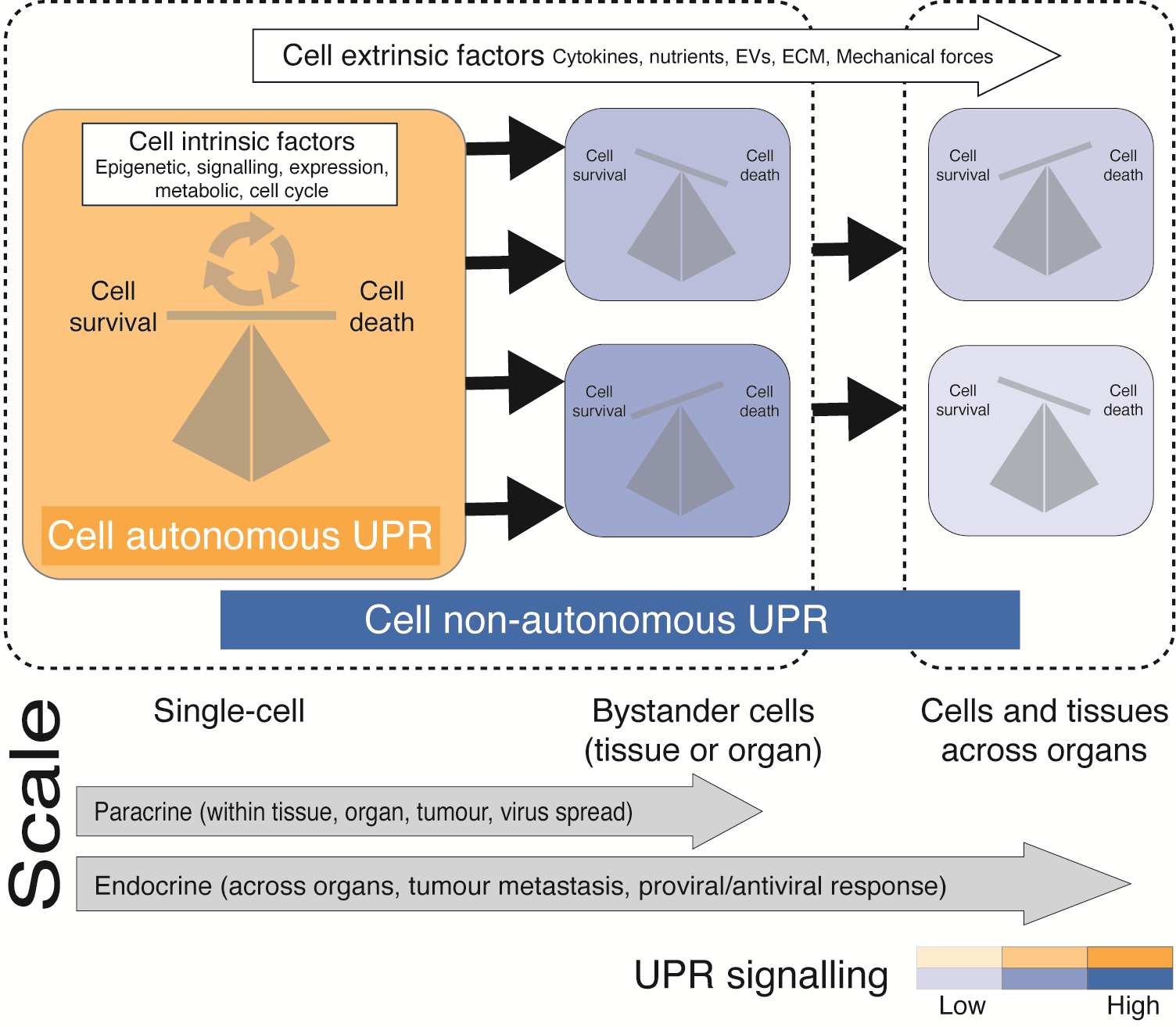[1064] Cellular Stress Responses to Virus Infection
In nature, viruses and their hosts share a complex coexistence, as viruses rely on host cells to harness the cellular machinery necessary for producing new viral particles. This viral takeover disrupts the normal functioning of host cells, leading to the symptoms of viral disease at the organism level. In response, hosts have evolved sophisticated defense systems that can detect and counteract viral infections to limit viral replication. The outcome of this ongoing interaction often determines the severity of viral disease. Our lab's vision is to characterise the cellular mechanisms underlying this response, aiming to uncover fundamental principles that help manage the impact of viral infections. We are particularly interested in unraveling how host cells can either support or inhibit viral growth through virus-induced stress responses, specifically endoplasmic reticulum (ER) stress and the unfolded protein response (UPR). These processes are typically initiated when an infected cell activates the UPR autonomously in response to viral infection (cell autonomous response). This activation can potentially extend to neighboring, uninfected cells (cell non-autonomous response), triggering a range of cellular effects, understanding them is also one of our research focus.

